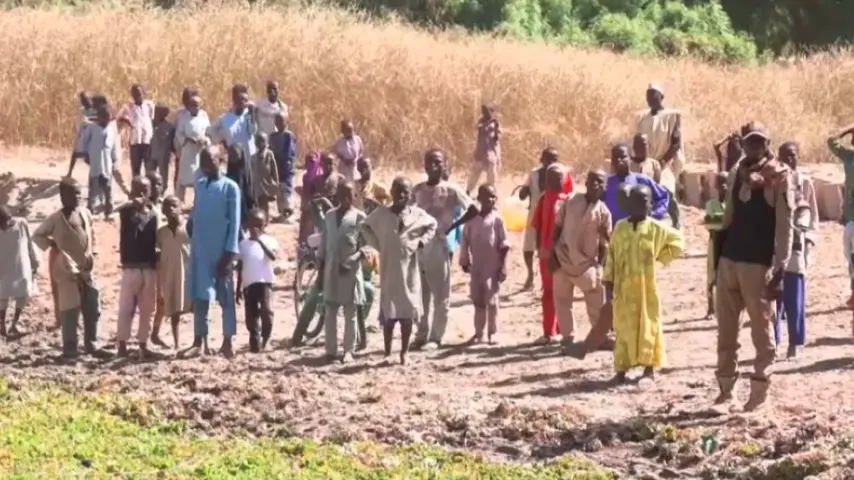At least 85 civilians were killed and 66 injured last Sunday night in an air operation by the Nigerian Army in the north of the country, which “accidentally” attacked a town where a religious festival was being celebrated, officials said Tuesday.
The air operation was directed against “terrorists and bandits” operating in the Nigerian state of Kaduna, but the army “accidentally” attacked the town of Tudun Biri, the regional office of the National Emergency Management Agency (NEMA) said in a statement.
The events occurred on the 3rd at around 21.00 and 22.00 local time, when hundreds of people were celebrating the birth of the Prophet Mohammed (mawlid festival).
“So far 85 bodies have been buried as searches continue,” NEMA’s northwest Nigeria office said. “NEMA has visited the hospital in Barau Dikko, where the injured have been treated, and observed the hospitalization of 66 people with injuries and fractures of varying degrees,” it added. Among the victims, it said, were children and elderly people.
Amnesty International raises the death toll to 120.
For its part, the human rights NGO Amnesty International, which raised the death toll to 120, called for an investigation of the air attack that would allow the “prosecution of those responsible” through a “fair trial”.
Kaduna State’s supervising commissioner for internal affairs and security, Samuel Aruwan, admitted the incident in a statement on Tuesday, but did not provide figures on the death toll. Also, Nigeria’s President Bola Tinubu this morning “sympathized” with the victims of the attack, which he described as an “unfortunate, disturbing and painful” event.
Initially, the Nigerian Air Force (NAF) denied in a statement that this arm of the Army “accidentally killed innocent civilians”.
Some Nigerian states – especially in the center and northwest of the country – suffer incessant attacks by “bandits”, a term used in the country to refer to criminal gangs who commit mass assaults and kidnappings for large ransoms and who are sometimes labeled “terrorists” by the authorities.
Added to this insecurity is the insecurity caused since 2009 by the activity of the jihadist group Boko Haram in the northeast of the country and, since 2016, also by its splinter, the Islamic State in West Africa Province (ISWAP).

